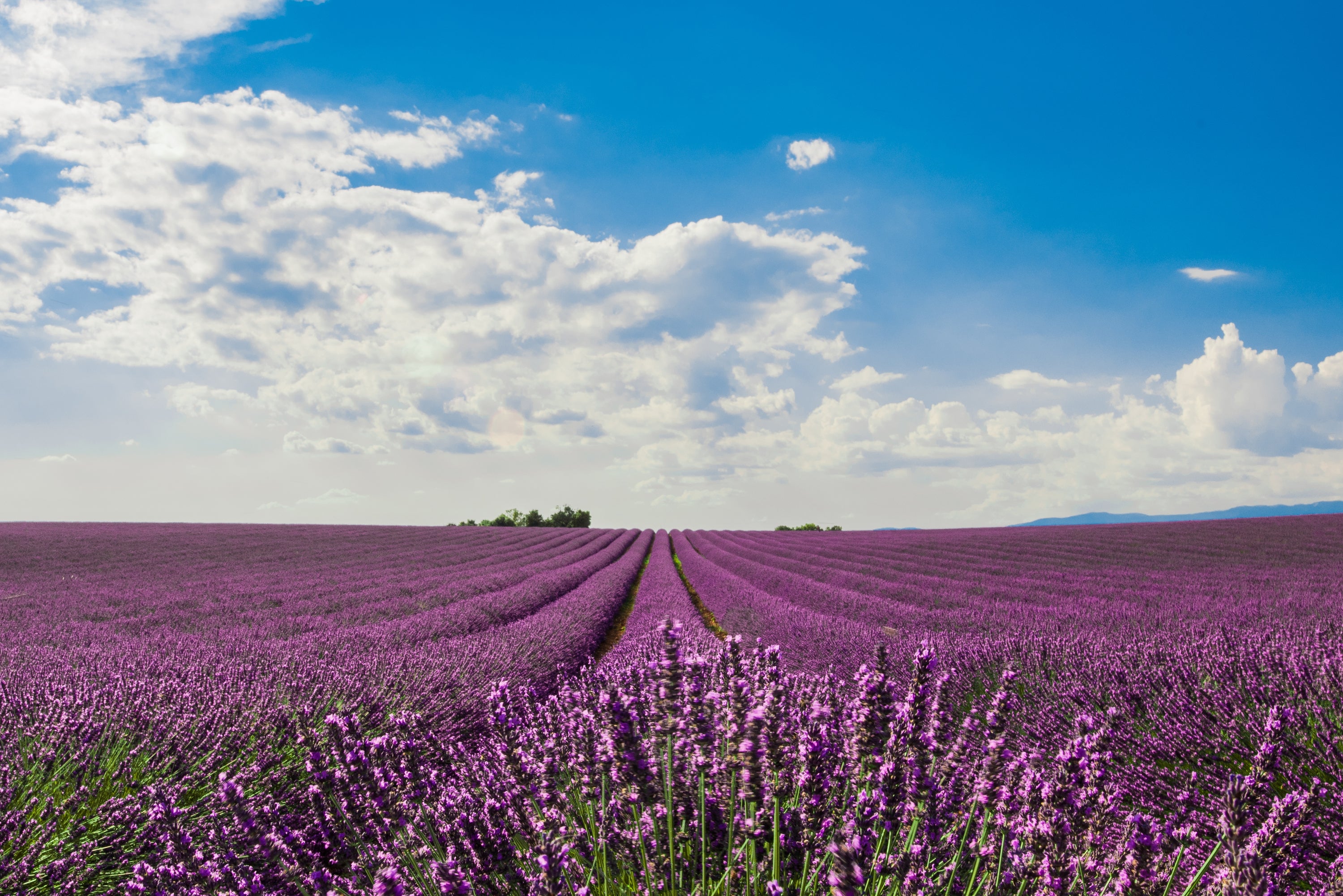When you want to buy essential oils, there are many options. Essential oils are available on the internet, health food stores, shopping centers, among others.
Before investing your money, you should keep some basics in mind. Although essential oils are widely available, you should be careful not to waste your money on low-quality oils with adulterations or contaminations.
Please note that approximately 70% of the oils on the market are adulterated. Before purchasing essential oils, you should know that not all oils are created equal. Essential oil companies use different types of methods to produce their essential oils.
Some companies like Nayvicol Intl. use only pure, high-quality plants, while others use synthetic fillers instead of real plants to save money. When you decide to invest your money in purchasing essential oils keep in mind the following aspects that will increase the chances of that the oil is of good quality and fulfills the xpected therapeutic function:
Is the company you plan to buy from a direct producer of essential oils and does it provide information about the origin of its oils, production site, cultivation methods and how they are manufactured?
Does the company test its oils for adulteration or contamination before selling the final product? (Please note that in this sense the risk of adulteration in NayviEssentials oils is minimal considering that we are direct producers)
Does the company use unbiased third-party analysis tests to evaluate the concentration of the oil's constituent elements and determine its therapeutic capacity?
Does the company have an internet page that provides information about the company that produces the oils and offers information about the products?
Does the company offer information about its physical location and does it have customer service? At NayviEssentials we comply with positively with all these requirements.
If a company does not provide this type of information, it could mean that it is omitting important steps in the process of producing essential oils for particular purposes. For example, they could be using synthetic fillers to cut costs.
Unfortunately, while buying cheap essential oils may seem like a good idea at first, it can be potentially harmful to you and your family. Cheaper oils are often of lower quality if they have not undergone proper testing methods to ensure their safety and purity. However, you should also keep in mind that, if the company does not produce the oils directly, but buys them from third parties and therefore has to spend a lot of resources certifying good quality and also has a multi-level sales system, the prices will be extremely high and not accessible to veryone. This is certainly not the case with NayviEssentialsUsa, where we are direct producers of most of the oils we offer, with comprehensive vertical management of the entire production chain from planting to direct sale to the final consumer. Which allows us to offer oils of the highest quality at much lower prices within everyone's reach.


